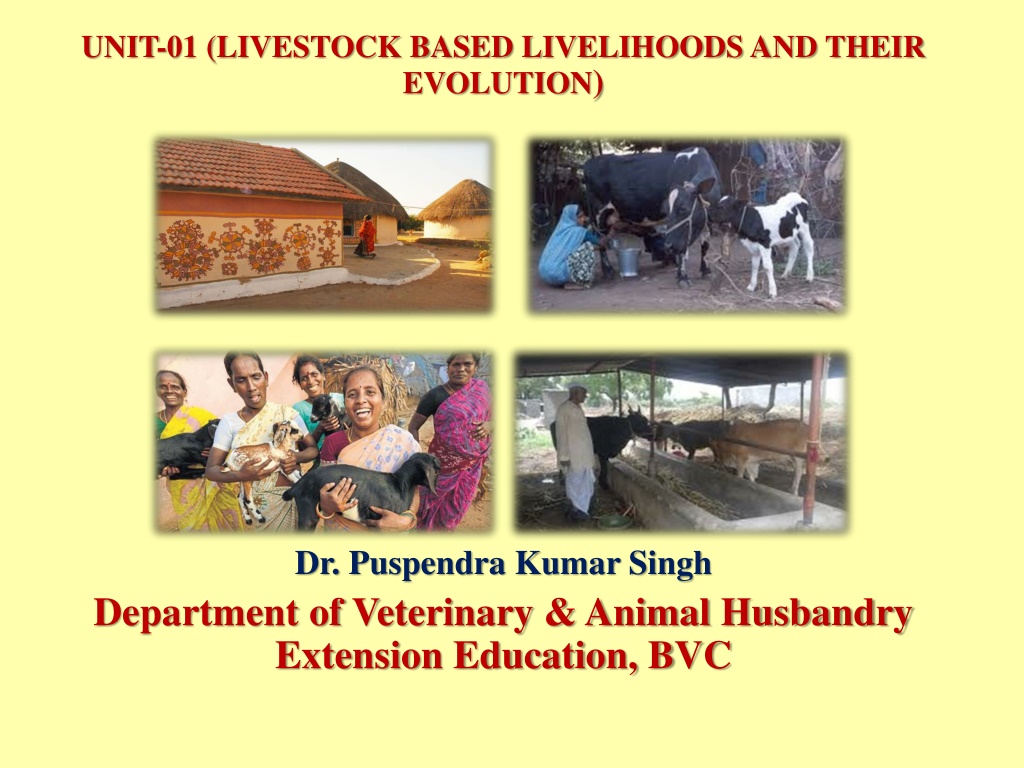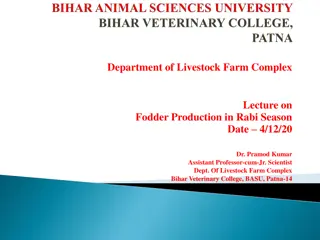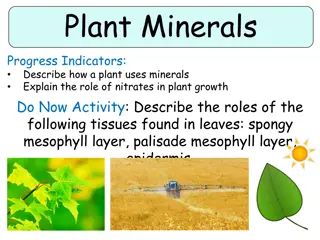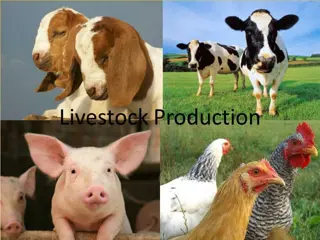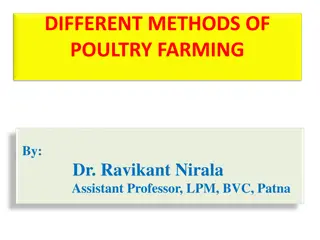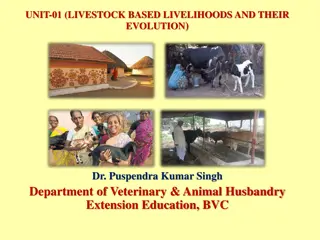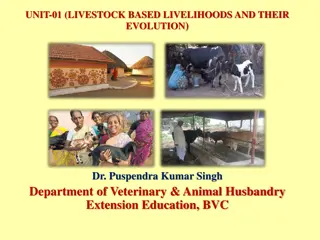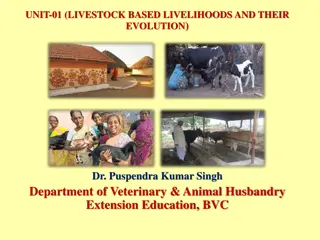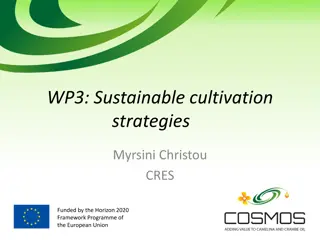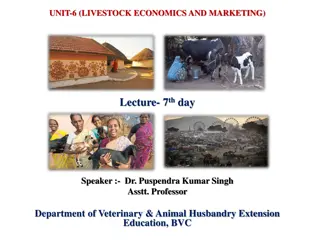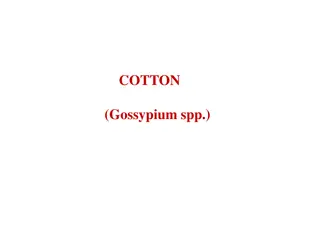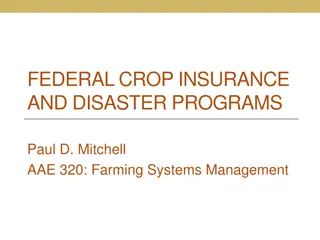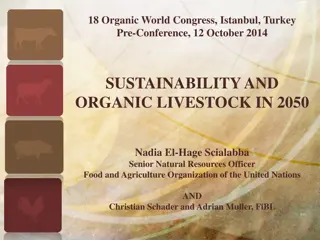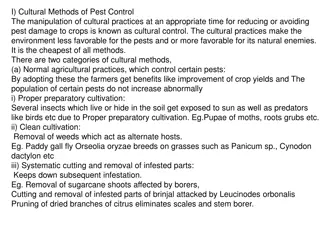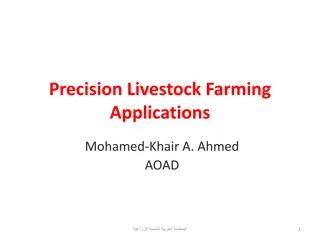Evolution of Livestock-Based Livelihoods: From Estate Farming to Specialized Crop Cultivation
Estate farming, a form of industrialized agriculture introduced by the British in the 19th century, involves large monocultures of cash crops like tea, rubber, and spices. It requires significant investment in modern farming techniques, machinery, and skilled labor. Estate farming is capital-intensive and primarily geared towards commercial export. Main features include large land holdings, single crop production, labor-intensive farming, high investment needs, and advanced technology utilization. Specific examples include tea farming, coffee farming, rubber farming, and banana farming.
Download Presentation

Please find below an Image/Link to download the presentation.
The content on the website is provided AS IS for your information and personal use only. It may not be sold, licensed, or shared on other websites without obtaining consent from the author. Download presentation by click this link. If you encounter any issues during the download, it is possible that the publisher has removed the file from their server.
E N D
Presentation Transcript
UNIT-01 (LIVESTOCK BASED LIVELIHOODS AND THEIR EVOLUTION) Dr. Puspendra Kumar Singh Department of Veterinary & Animal Husbandry Extension Education, BVC
Estate Farming A form of industrialized agriculture. Involve large monoculture of cash crop. A tree or bush farming which had been introduced by the British around the 19th century. It mostly refers to single crop orchards or crops such as tea, rubber, spice crops, coconut, coffee, oranges, apples etc.
It requires investment and cultivation facilities like good irrigation, modern farming methods, irrigation facilities, technical farming skills, required machinery, fertilizers, and quality high yielding seeds. It is very useful for export business. Most of the orchards produce crops for many years. Some crops take many years to get into the harvesting stage, but these crops are worth growing, as there are huge profits afterward. This is mostly confined to the tropical climate.
It is a capital centred system, it is important to be technically advanced and have efficient methods of cultivation and tools including fertilizers and irrigation.
Main features of estate farming include: Agriculture are done on a very large land. Single crop production. Heavy labour intensive agricultural production. High investment requirement. Highly sophisticated and advance technology oriented farming. This farming is mainly for commercial export purpose.
Tea Farming Coffee Farming
Rubber Farming Banana Farming
